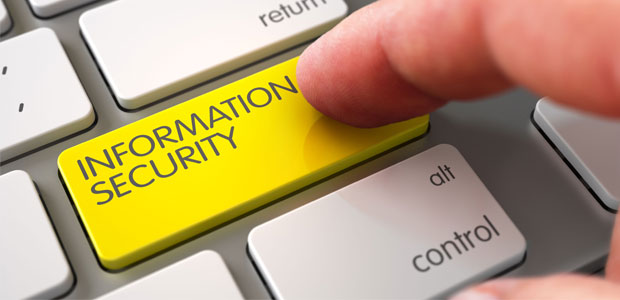Online Banking Security Tips
ONLINE BANKING SECURITY TIPS
Passwords
- Create a unique password for all the different systems you use. If you don’t, then one breach leaves all your accounts vulnerable.
- Never share your password over the phone, in texts, by email, or in person. If you are asked for your password, it’s probably a scam.
- Use unpredictable passwords with a combination of lowercase letters, uppercase letters, numbers, and special characters.
- The longer the password, the tougher it is to crack. Use a password with at least 8 characters. Every additional character exponentially strengthens a password.
- Avoid using obvious passwords such as:
- your name
- your business
- family member names
- your user name
- birthdates
- dictionary words
- Choose a password you can remember without writing it down. If you do choose to write it down, store it in a secure location.
Online Security
- Never click on suspicious links in emails, tweets, posts, or online advertising. Links can take you to a different website than their labels indicate. Typing an address in your browser instead of clicking a link in an email is a safer alternative.
- Only give sensitive information to websites using encryption so your information is protected as it travels across the Internet. Verify the web address begins with “https://” (the “s” is for secure) rather than just “http://”. Some browsers also display a closed padlock.
- Do not trust sites with certificate warnings or errors. These messages could be caused by your connection being intercepted or the web server misrepresenting its identity.
- Avoid using public computers or public wireless access points for online banking and other activities involving sensitive information when possible.
- Always “sign out” or “log off” of password protected websites when finished to prevent unauthorized access. Simply closing the browser window may not actually end your session.
- Be cautious of unsolicited phone calls, emails, or texts directing you to a website or requesting information.
General PC Security
- Maintain active and up-to-date antivirus protection provided by a reputable vendor. Schedule regular scans of your computer in addition to real-time scanning.
- Update your software frequently to ensure you have the latest security patches. This includes your computer’s operating system and other installed software (e.g. Web Browsers, Adobe Flash Player, Adobe Reader, Java, Microsoft Office, etc.).
- Automate software updates, when the software supports it, to ensure it’s not overlooked.
- If you suspect your computer is infected with malware, discontinue using it for banking, shopping, or other activities involving sensitive information. Use security software and/or professional help to find and remove malware.
- Require a password to gain access. Log off or lock your computer when not in use.




